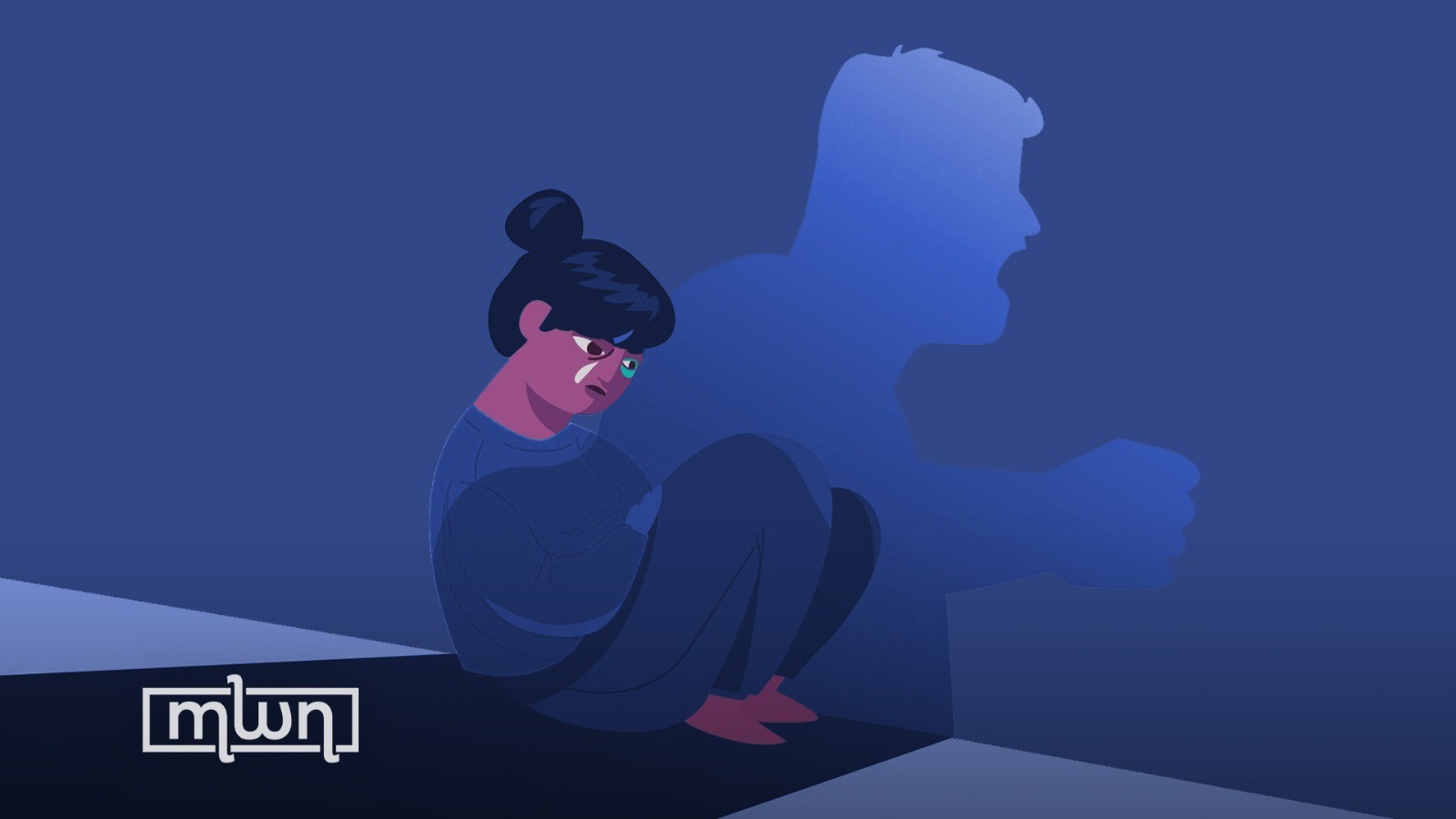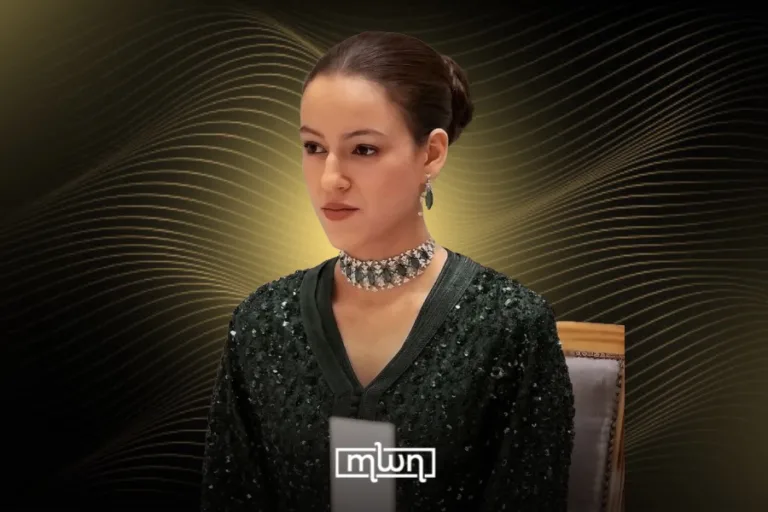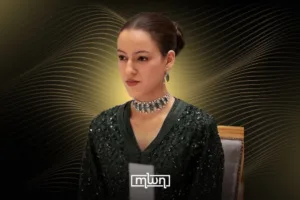Marrakech – In the ever-evolving landscape of societal discourse, certain topics ignite a firestorm of emotions, prompting both uncomfortable conversations and a collective yearning for understanding.
Pedophilia, shrouded in taboo and controversy, is one such topic.
It’s a term that often evokes visceral reactions, yet its complexities beg for nuanced examination.
In the bustling streets of modern society, discussions about pedophilia remain steadfast, demanding attention and introspection.
It’s a subject that straddles the thin line between the darkest depths of human behavior.
Pedophilia, often referred to as one of society’s greatest taboos, is a complex and multifaceted issue that defies easy categorization.
In the field of psychology, pedophilia is recognized as a psychiatric disorder characterized by a persistent attraction to prepubescent children.
It’s a condition that elicits a range of emotions, from revulsion to pity, as society grapples with its implications.
Yet, amidst the cacophony of condemnation, there exists a growing body of research aimed at unraveling the mysteries of pedophilia.
Scientists and mental health professionals endeavor to shed light on its origins, its manifestations, and, most importantly, its potential for prevention and treatment.
According to the Diagnostic and Statistical Manual of Mental Disorders by the American Psychiatric Association, pedophilia is characterized by “recurrent, intense sexually arousing fantasies, sexual urges, or behaviors involving sexual activity with a prepubescent child or children.”
Read also: UK Sentences Pedophile to ‘Over’ 7 Years in Prison for Sexually Abusing Moroccan Children
James Cantor, a clinical psychologist, sex researcher, and former editor-in-chief of “Sexual Abuse: A Journal of Research and Treatment,” told the website Vice in March 2016. “The evidence suggests it is inborn. It’s neurological. Pedophilia is the attraction to children, regardless of whether the (person) ever … harms.”
As we sip our lattes and ponder the complexities of the human psyche, it’s essential to recognize that pedophilia is not synonymous with child sexual abuse.
While the two may intersect in tragic ways, research suggests that not all individuals with pedophilic tendencies act upon their desires. Just as not all individuals who commit acts of child sexual abuse identify as pedophiles.
In a world where stigma reigns supreme, those grappling with pedophilic urges often find themselves isolated and ostracized, with few avenues for seeking help or support.
The fear of judgment and reprisal looms large, driving many into the shadows of secrecy and shame.
But what if, instead of shunning those who dare to confront their demons, we offered them a lifeline of understanding and compassion?
What if we recognized that pedophilia, like any other mental health condition, is often not a choice, but a heavy burden for those who suffer from it?
It’s a question that challenges our deeply ingrained notions of justice and morality, prompting us to confront our own biases and preconceptions.
In the end, perhaps the true measure of our humanity lies not in our capacity for condemnation, but in our willingness to extend a hand to those in need, even when the darkness threatens to engulf us.
















